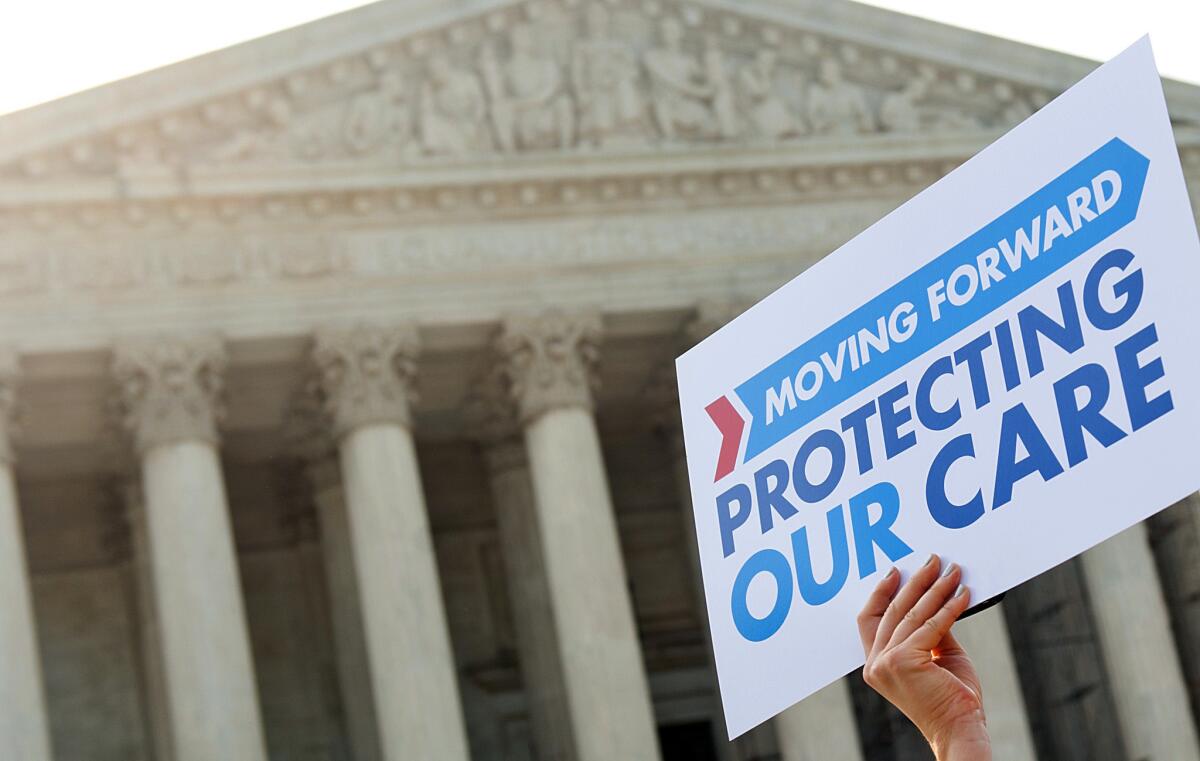Mental health care at stake in 2012 vote

One in five Americans over age 18 suffers from a diagnosable mental illness in any given year. That’s upward of 40 million potential voters. So why have we heard virtually nothing about mental health care from either candidate during this campaign?
Just to provide a little context, according to the American Cancer Society’s latest numbers, about 12 million Americans are living with some form of cancer; 400,000 Americans suffer from multiple sclerosis; 1 million from Parkinson’s and 1.2 million are living with HIV/AIDS. So 40 million is a significant constituency of sick people. But mental illness isn’t pretty and nobody wants to bring someone suffering with bipolar disorder or schizophrenia up to the podium at a political convention.
In 1988 when I graduated summa cum laude from Yale University, I had already had a major depressive episode. But I was a decade away from being properly diagnosed as bipolar. I had no idea how profoundly the illness would eventually affect my future, how disabling it would, at certain points, prove to be. At the time, psychiatrists knew very little about the illness. Even today, research into mental illness and the development of successful treatments lag far behind that of other diseases. Dr. Thomas Insel, director of the National Institute of Mental Health, has said that in terms of mental illness “we are about where cancer was 35 or 40 years ago.” We are still diagnosing by observing symptoms rather than by way of biomarkers.” According to Insel, by the time severe symptoms show up, “the illness is already in Stage IV of its development and the brain has already been deeply impacted.”
SLIDESHOW: Six numbers to ignore from the presidential campaign
My last “episode” of bipolar disorder lasted seven years. It began in 2004 when I was 39 years old. The complex cocktail of drugs I had been taking stopped working and my illness became quantitatively and qualitatively worse. The doctors my insurance’s “behavioral health plan” had to offer were woefully inadequate to handle my situation. It was a bit like bringing a case of Stage IV cancer to a family practitioner for treatment. I had to go out of network, which caused my coverage to plummet. And then there were the caps on the number of visits I could have with a psychiatrist in a given year.
Over the course of those seven years my family and I spent roughly what it would cost to send our son (who is going to college next year) to a top private university. We could not save for college — for either of our children. My husband, a professor at a state university, could not contribute more than the minimum to his 401K. I was able to work only sporadically. We borrowed money against our home to pay my medical expenses, paid for groceries with credit cards and watched the debt climb. We lived paycheck to paycheck; doctor’s bill to doctor’s bill. And still, even the “best” doctors struggled to figure out how to make me well — or at least functional — again. They experimented on me. There was no other choice. Because there just isn’t that much research on bipolar disorder, and even less on women and the influence of hormones on bipolar disorder, which was what I was dealing with.
And this brings us back to the election. I can understand why Mitt Romney might not want to bring up the subject of mental illness. His running mate, Paul D. Ryan, voted against the Mental Health Parity bill, which requires insurance companies that include mental health coverage to treat mental illness in the same way they do any other illness. This kind of parity makes sense. As the NIMH’s Insel explains, “These are brain-circuit problems. It’s not a question of behavior but of the genetics of the organ.” Schizophrenia is as much a physical illness as is, say, diabetes.
COMMENTARY AND ANALYSIS: Obama vs. Romney
President Obama’s silence is more puzzling. He has done more to advance the treatment of and research into mental illness than any other president in history. For starters, he signed the parity bill into law. Its regulations went into effect in 2010, six years into my mental illness marathon, and they made a huge difference in my life and the lives of millions of families.
Obama’s Patient Protection and Affordable Care Act took things a step further, requiring nearly every insurance carrier to cover mental health treatment in some form and preventing insurance companies from denying coverage on the basis of a preexisting condition, including mental illness. Obama also recently increased research funds for the NIMH for 2013.
How would these things fare if the GOP wins? Romney has promised to work to repeal the Affordable Care Act, which means if he were to win, any one of the tens of millions of Americans with a mental illness who had a lapse or change in their health insurance might very well lose it . And it’s hard to believe that additional NIMH funding would survive the next budget cycle.
Maybe it’s time to start talking about what 40 million American voters stand to lose in this election.
Juliann Garey is the author of the forthcoming novel “Too Bright To Hear Too Loud To See.” She co-edited the 2010 anthology “Voices of Bipolar Disorder: A Healing Companion.”
More to Read
A cure for the common opinion
Get thought-provoking perspectives with our weekly newsletter.
You may occasionally receive promotional content from the Los Angeles Times.






